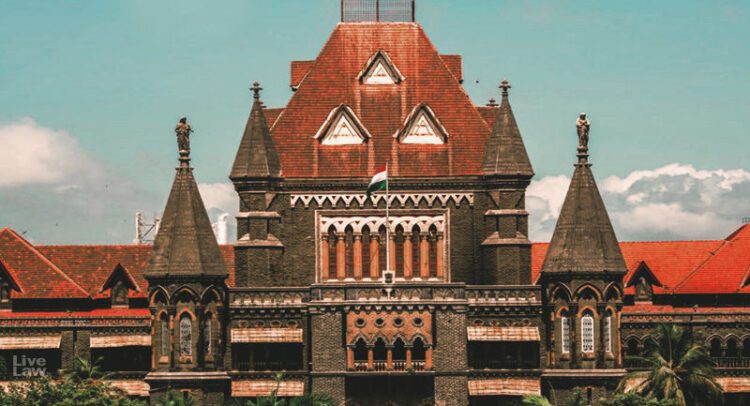The Bombay High Court has upheld that a person Person appointed on compassionate grounds has to furnish a caste certificate if the demised parent had secured a job in reserved category through a full bench comprising Chief Justice Dipankar Datta and Justices Ravindra Ghuge and Vibha Kankanwadi in the case of Om Anjanwad v. State of Maharashtra (WRIT PETITION NO. 6750 OF 2022)
FACTS OF THE CASE:
The petitioners were appointed on compassionate grounds by the Nanded Zilla Parishad, with the proviso that they provide their tribal validity certificate within six months of their appointment. As a result, the petitioners filed two separate petitions contesting the order. The petitioners were appointed on compassionate grounds following the death of their fathers, who were assigned to jobs reserved for Scheduled Tribes, according to the petitions. However, they failed to provide tribal validity certificates during their appointments.
CR Thorat, the petitioners’ counsel, argued that while their fathers were appointed to reserved category positions, the petitioners’ appointment on compassionate grounds was not made against reserved category postings.
Advocate Mahesh Deshmukh, who was assigned to assist the court, contended that anyone appointed to a reserved category position must provide a validity certificate. If he fails to do so, the certificate must be submitted by his legal heir designated on compassionate grounds after his father’s death.
While considering the submissions advanced at the Bar by the learned counsel for the respective sides and perusing the cited reports/orders, the Court observed that it needed to consider whether the obligation of a deceased parent to justify his selection to a post reserved for a backward category by tendering a validity certificate would stand nullified after his death and thus whether the compassionate appointee would be absolved from tendering a validity certificate.
It was underlined that had the compassionate appointee independently sought employment in Government service or a public sector undertaking on a reserved post during the parent’s lifetime, he/she would have been legally obligated to present the caste validity certificate within six months of starting duties. If this were the case, it would be absurd, if not illegal, to allow a compassionate appointee to continue in place of the deceased parent without providing a validity certificate, given that the parent died before submitting the validity certificate.
The Court ruled that a compassionate appointment is not a vested right that cannot be ignored. Similarly, in a recruitment procedure, the compassionate appointee does not have to compete with individuals who have applied for employment.
It ws also noted that until the original appointee presents a validity certificate, his selection and appointment will never be recognized because he was chosen for a post intended for the underprivileged. Whether he genuinely belongs to the caste/tribe on the basis on which he has been hired will have to be investigated; otherwise, such hiring would be illegal, and a qualified candidate from that community would be denied employment. Furthermore, the Court stated that appointing an ineligible individual would be detrimental to good governance. The judgement noted that denying a legitimate candidate an appointment as a result of recruitment granted to an impostor would violate the rights of genuine candidates.
Thus, the petition was dismissed.
PRIME LEGAL is a full-service law firm that has won a National Award and has more than 20 years of experience in an array of sectors and practice areas. Prime legal fall into the category of Best law firm, best lawyer, best family lawyer, best divorce lawyer, best divorce law firm, best criminal lawyer, best criminal law firm, best consumer lawyer, and best civil lawyer.
JUDGEMENT REVIEWED BY REETI SHETTY


